In the rapidly evolving landscape of business, one of the most critical decisions that companies face is choosing the right marketing strategy. The debate between Digital Marketing and Traditional Marketing has become increasingly relevant as businesses strive to maximize their reach, engagement, and return on investment (ROI). Understanding the nuances of both approaches is essential for making informed decisions that align with your business goals. This blog will delve into the key differences, advantages, and considerations when it comes to digital Marketing vs traditional Marketing.
Table of Contents
The Foundation of Traditional Marketing
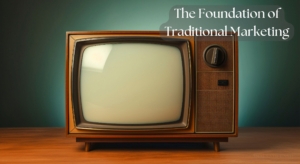
This approach includes various methods such as television and radio commercials, print advertisements in newspapers and magazines, billboards, direct mail, and telemarketing. These techniques have proven effective in reaching a broad audience, particularly in a local context.
In the battle of digital marketing vs traditional marketing, traditional methods offer the advantage of tangibility. A physical billboard or a printed brochure provides a sensory experience that digital formats can’t replicate. Moreover, traditional marketing often holds a sense of credibility and trustworthiness, especially among older demographics who are more familiar with these channels.
However, traditional marketing has its limitations. One of the most significant challenges is the lack of precise targeting. A TV ad, for example, is broadcast to a wide audience, but it’s difficult to ensure that it reaches the specific demographic that might be interested in your product or service. Additionally, measuring the effectiveness of traditional marketing campaigns can be challenging, as there are fewer tools available to track engagement and conversions.
The Rise of Digital Marketing
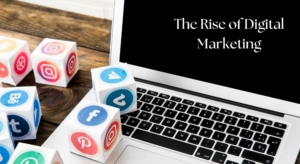
On the other side of the Digital Marketing vs Traditional Marketing, debate is digital marketing—a modern approach that leverages the internet and digital platforms to reach and engage with customers. Digital marketing includes strategies such as search engine optimization (SEO), social media marketing, content marketing, email marketing, and pay-per-click (PPC) advertising.
The strength of digital marketing lies in its precision and measurability. In the context of Digital Marketing vs Traditional Marketing, digital marketing allows businesses to target specific audiences based on factors like age, location, interests, and online behavior. For instance, a social media ad can be designed to reach a niche group of users who have shown interest in similar products or services.
Furthermore, digital marketing offers unparalleled data and analytics. Every click, view, and interaction can be tracked in real-time, providing businesses with valuable insights into the performance of their campaigns.
Despite its many advantages, digital marketing also has its challenges. The digital space is crowded and highly competitive, making it essential for businesses to stand out with compelling content and creative strategies. Additionally, digital marketing requires a continuous investment in time and resources to keep up with changing algorithms, trends, and technologies.
Comparing Reach: Digital Marketing vs Traditional Marketing
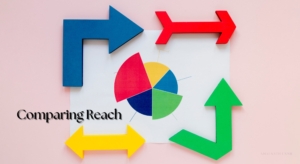
When evaluating Digital Marketing vs Traditional Marketing, reach is a crucial factor to consider. Traditional marketing methods, such as TV ads or billboards, can reach a vast audience quickly. A national TV commercial, for example, has the potential to be seen by millions of people, making it an effective tool for building brand awareness.
However, in the Digital Marketing vs Traditional Marketing debate, digital marketing offers a more targeted approach. Instead of broadcasting a message to a general audience, digital marketing allows businesses to tailor their campaigns to specific groups. For example, an online retailer can use digital marketing to target ads to users who have previously visited their website or searched for similar products. This targeted reach increases the likelihood of conversion and ensures that marketing efforts are focused on the most relevant audiences.
Cost and ROI: Digital Marketing vs Traditional Marketing

Cost is another important consideration in the Digital Marketing vs Traditional Marketing discussion. Traditional marketing methods can be expensive, particularly for small businesses. The cost of producing a TV commercial, printing brochures, or placing a full-page ad in a magazine can add up quickly. Moreover, the ROI for traditional marketing is often harder to measure, making it challenging to justify the investment.
In contrast, digital marketing is generally more cost-effective, especially for businesses with limited budgets. In the digital marketing vs traditional marketing comparison, digital marketing allows for more control over spending. For example, businesses can set daily budgets for PPC campaigns, ensuring that they don’t exceed their marketing budget. Additionally, the ability to track ROI in real time means that businesses can quickly adjust their strategies to maximize results.
Flexibility and Adaptability: Digital Marketing vs Traditional Marketing

Flexibility is another area where digital marketing has a significant advantage in the Digital Marketing vs Traditional Marketing battle. Traditional marketing campaigns often require a long lead time and are difficult to change once they are in motion. For example, if a print ad is found to be ineffective, there is little that can be done to alter it until the next issue is printed.
On the other hand, digital marketing campaigns can be adjusted on the fly. If a social media ad isn’t performing as expected, businesses can tweak the content, change the targeting, or shift the budget to another campaign. This adaptability is a crucial advantage in today’s fast-paced market, where consumer preferences and trends can change rapidly.
Measuring Success: Digital Marketing vs Traditional Marketing

The ability to measure success is a critical factor in the Digital Marketing vs Traditional Marketing discussion. Traditional marketing relies on indirect metrics such as increased foot traffic or sales, which can make it difficult to attribute results to specific campaigns. This lack of transparency can be a drawback for businesses looking to fine-tune their strategies.
In contrast, digital marketing excels in providing detailed analytics. We can track them using many key metrics. The Digital Marketing vs Traditional Marketing debate often highlights that digital marketing platforms offer comprehensive data on user interactions, from website visits to social media engagement and email open rates. This data-driven approach allows businesses to make informed decisions, continually improve their strategies, and ultimately achieve better results.
The Verdict: Digital Marketing vs Traditional Marketing
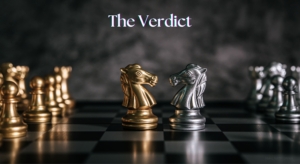
So, which strategy wins in the Digital Marketing vs Traditional Marketing battle? The answer depends on your business’s goals, target audience, and resources. For some businesses, traditional marketing methods may still hold significant value, particularly for reaching a local or older demographic. However, for those looking to engage a tech-savvy, global audience with precision and flexibility, digital marketing is likely the better choice.
In many cases, the most effective strategy may be a combination of both. By understanding the strengths and weaknesses of Digital Marketing vs Traditional Marketing, businesses can create a balanced approach that leverages the best of both worlds. Whether you choose to invest in traditional methods, digital strategies, or a mix of both, the key is to remain adaptable and focused on what drives the best results for your business.
Conclusion
The battle between Digital Marketing and Traditional Marketing is ongoing, with each approach offering unique benefits and challenges. Ultimately, the choice between these strategies depends on your business’s specific needs and objectives. By carefully considering the differences and advantages of Digital Marketing vs Traditional Marketing, you can make informed decisions that will help your business thrive in a competitive marketplace.
Author-Amalnath Unni
Learner of DigiSkillz, Digital Marketing Institute in Kochi.






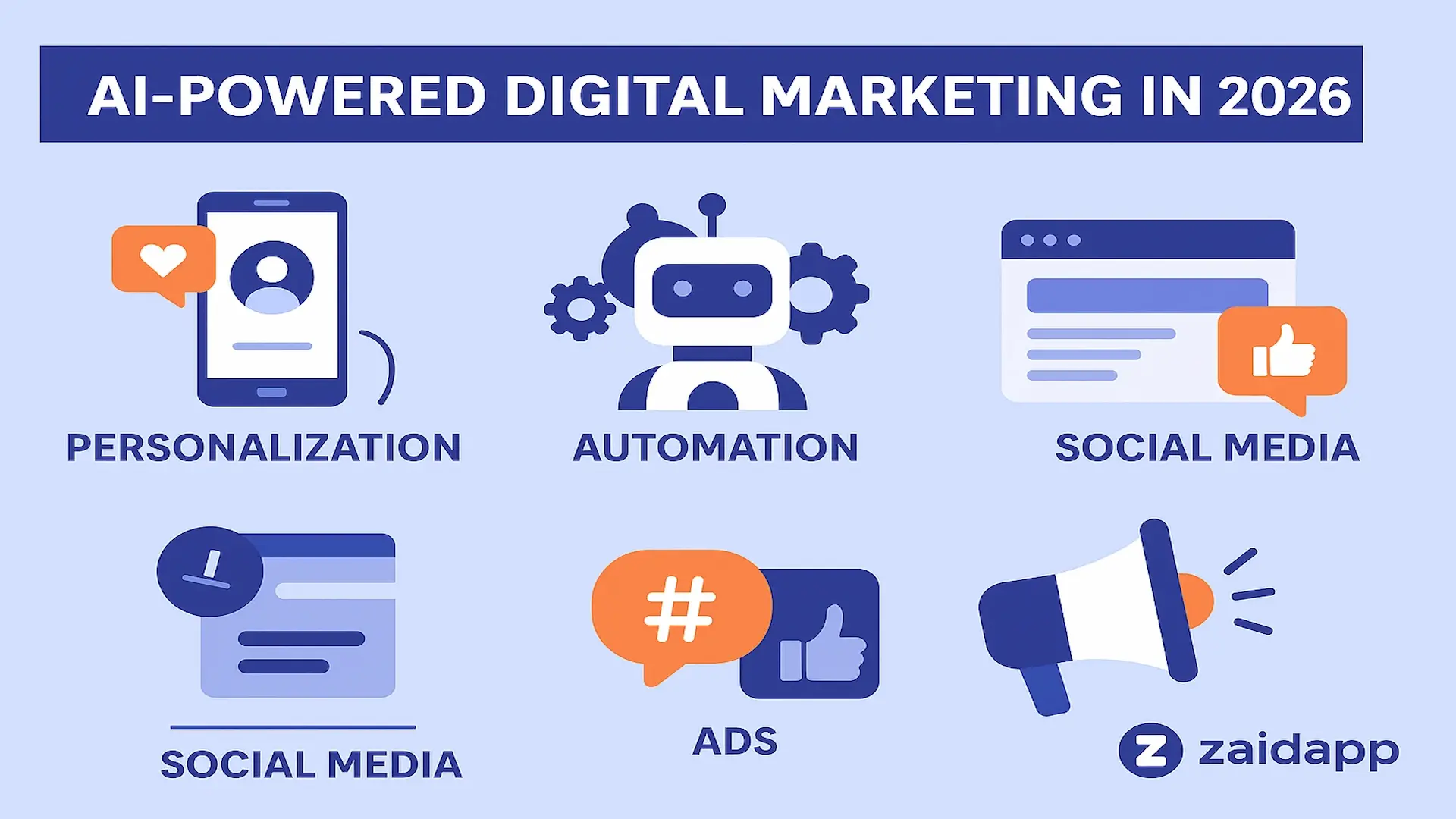
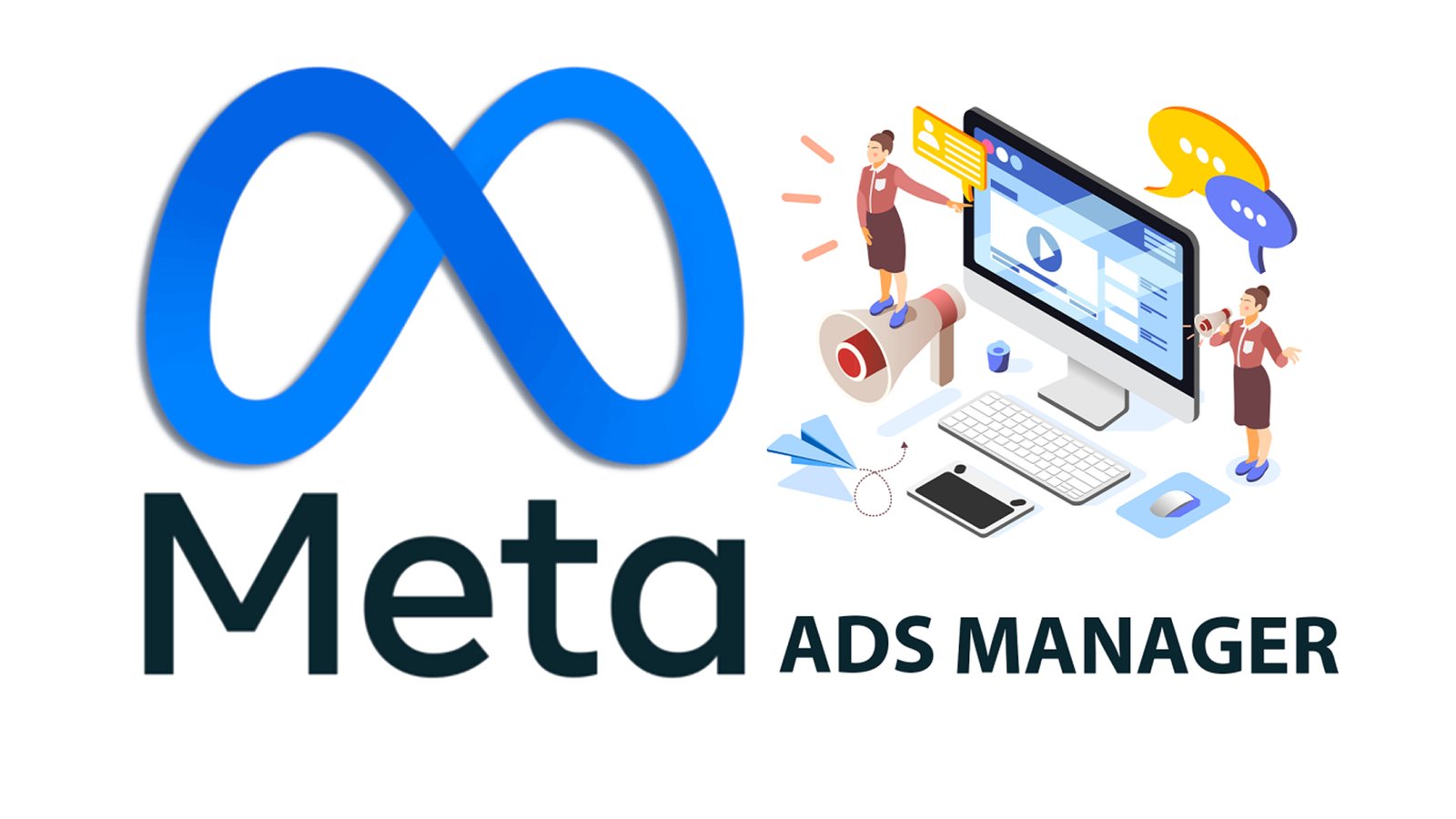
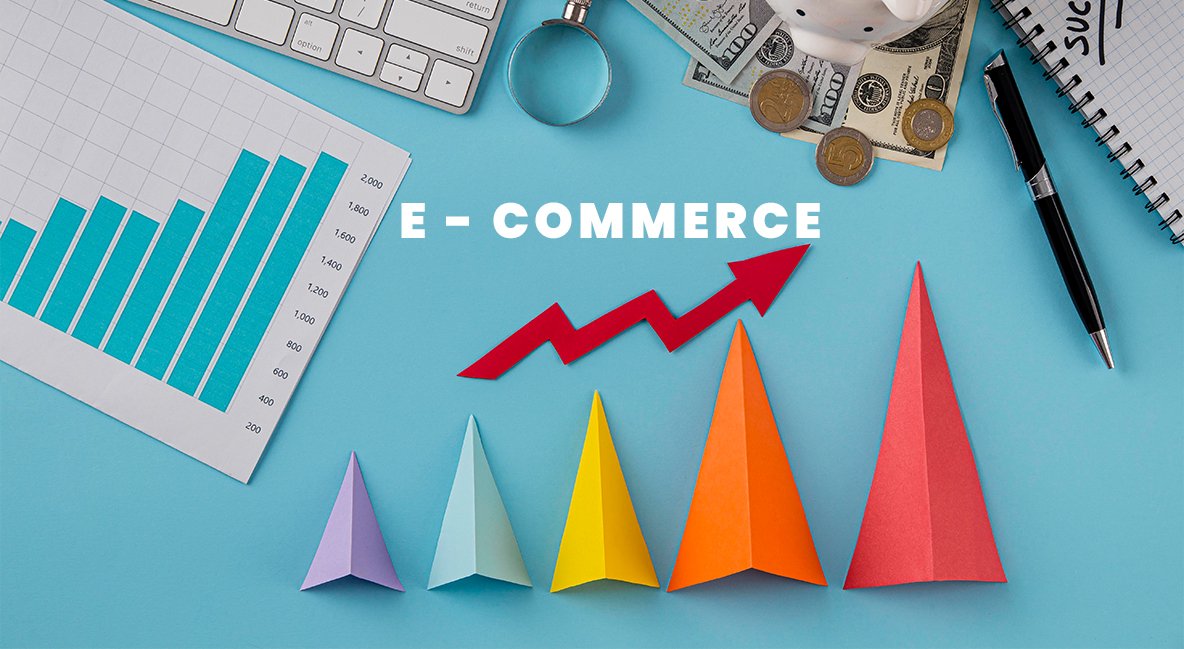


Leave A Comment